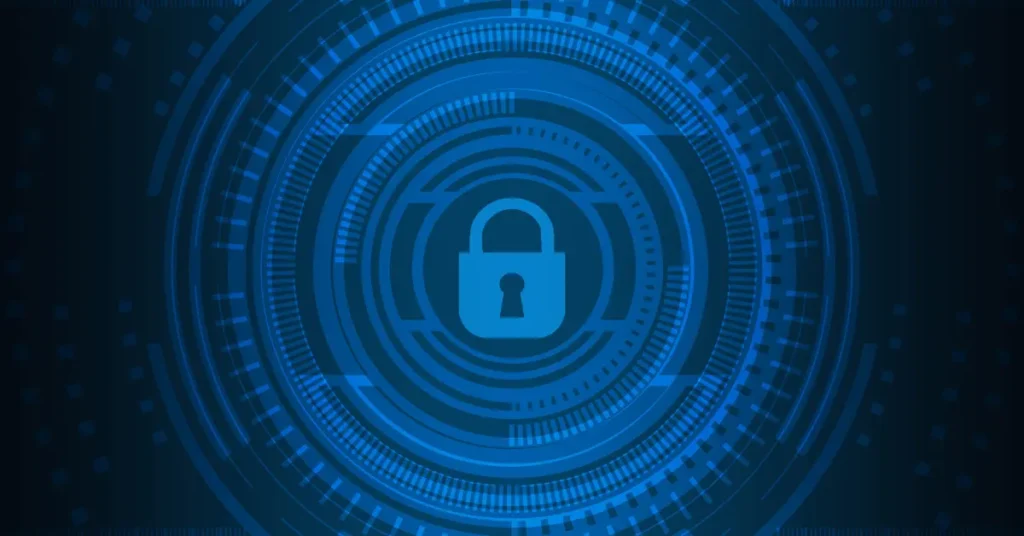In today’s digital world, businesses rely heavily on technology for Cyber Liability Insurance. This dependence creates significant weakness (that could be used to hurt someone or something) to Cyber Liability Insurance threats. A single security failure/mistake can have terrible and destructive (related to managing money) results for any company, (without any concern about/having nothing to do with) its size.
Cyber Liability Insurance (insurance in case you cause an accident or injuries) is a (made to do one thing very well) policy designed for this modern risk. It helps businesses recover from the (related to managing money) hit/effect of Cyber Liability Insurance events. This coverage is becoming as extremely important as general (insurance in case you cause an accident or injuries) for operational toughness.
Many business owners mistakenly believe they are too small to be targeted. However, Cyber Liability Insurance criminals often target small businesses exactly because their defenses may be weaker. A strong and healthy Cyber Liability Insurance policy acts as a critical safety net, protecting your valuable things and reputation.
Why Your Business Needs Coverage
The (related to managing money) stakes of an illegal Cyber Liability Insurance break-in are incredibly high. Beyond the immediate costs of stopping an attack, businesses face long-term expenses. These can include legal/law-based fines, legal fees, and customer notice/communication costs.
A extreme Cyber Liability Insurance event can also (badly injure/prevent the activity of) your operations completely. For example, a ransomware attack can lock you out of your own systems, halting working well and getting a lot done. Business interruption coverage within a Cyber Liability Insurance policy can replace lost income during this downtime.
Maybe the most damaging cost is the loss of customer trust. Clients need to know their personal information is safe with you. A Cyber Liability Insurance policy provides access to experts who manage public relations to help rebuild your reputation after a failure/mistake.
What Does a Policy Usually Cover?
A complete and thorough Cyber Liability Insurance insurance policy is many-sided. It generally includes first-party coverage, which addresses direct losses to your business. This covers expenses like data recovery, ransomware payments, and business interruption losses.
Extremely importantly, it also includes third-party coverage. This protects you if clients or partners sue you after a failure/mistake. It handles costs like legal defense, settlement judgments, and legal/law-based fines charged and collected by government bodies.
Most policies also provide access to a dedicated response team. This group of experts includes lawyers, IT specialists, and public relations professionals. They guide you through the serious problem management process from the first moment you discover an event.

Common situation to Be Aware Of
While Cyber Liability Insurance insurance is long/big, it is not a cure-all. Most policies contain clearly stated/particular (situations where rules or agreements are not obeyed) that are important to understand. For instance, losses from (on purpose) dishonest or criminal acts by the insured are never covered.
Policies usually leave out/keep out costs connected with improving your technology (basic equipment needed for a business or society to operate). You cannot claim for upgrading your systems to prevent a future attack after one has happened. The focus is on event response, not long-term capital improvement.
Other common (situations where rules or agreements are not obeyed) might involve bodily injury, property damage, or theft of copyright/patent. These risks are usually talked to/looked at by other types of business insurance, such as general (something you owe/something you’re responsible for/disadvantage) or commercial property policies.
Choosing the Right Policy for You
Selecting the right Cyber Liability Insurance (related to something you owe) policy needs/demands careful test/evaluation. Begin by (figuring out the worth, amount, or quality of) your clearly stated/particular risks, (thinking about/when one thinks about) the type of data you store and your industry’s rules. A retail store handling credit cards has different needs than a talking to firm.
It is very important to read the policy details carefully before buying. Pay close attention to coverage limits, deductibles, and any sub-limits for clearly stated/particular types of claims. Secure/make sure of the policy responds to the most likely threats your business could face.
Finally, remember that insurance is just one part of a strong Cyber Liability Insurance security (success plan(s)/way(s) of reaching goals). You must also put into use practical security measures like firewalls, employee training, and secure passwords. An (acting to prevent problems before they happen) approach reduces your risk and can lead to lower insurance payments.
To read more articles, click here








